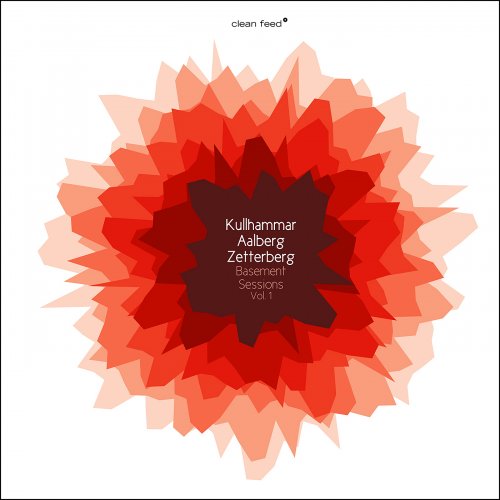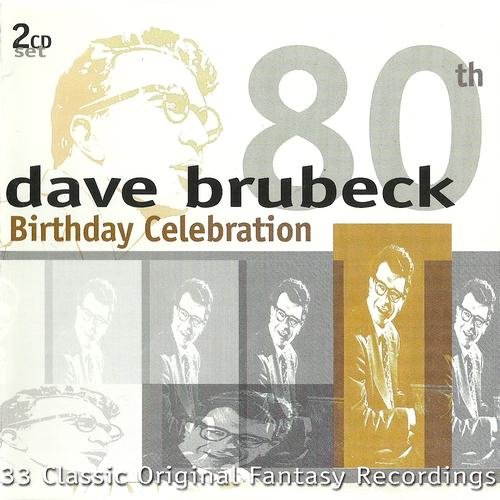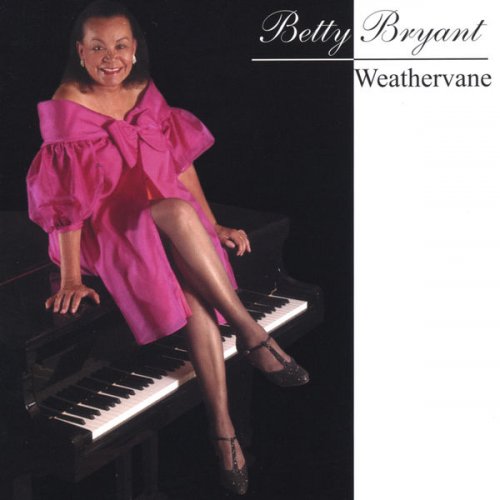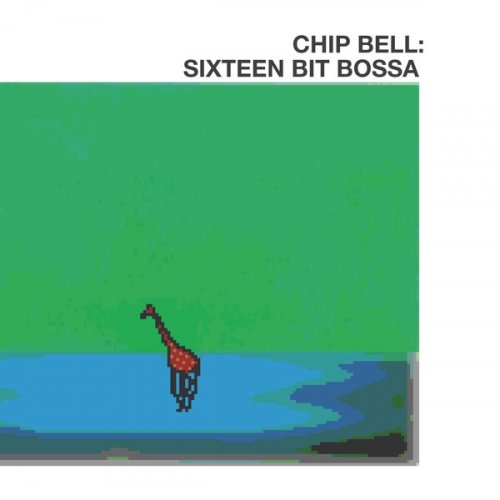Mitsuko Uchida, Pierre Boulez - Schoenberg - Piano Concerto / Berg - Sonata / Webern - Variations (2001)
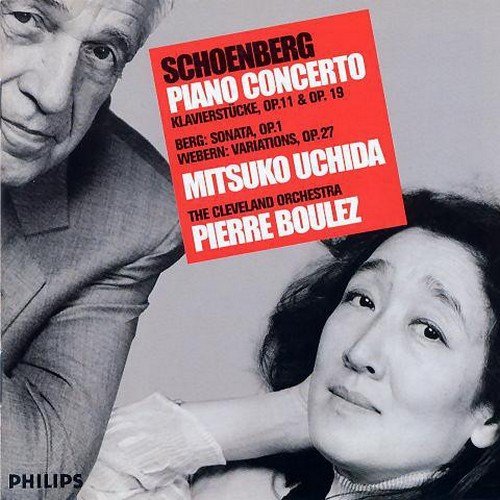
Artist: Mitsuko Uchida, Pierre Boulez
Title: Schoenberg - Piano Concerto / Berg - Sonata / Webern - Variations
Year Of Release: 2001
Label: Philips
Genre: Classical
Quality: FLAC (image+.cue,log,scans)
Total Time: 63:45
Total Size: 270 Mb
WebSite: Album Preview
Tracklist: Title: Schoenberg - Piano Concerto / Berg - Sonata / Webern - Variations
Year Of Release: 2001
Label: Philips
Genre: Classical
Quality: FLAC (image+.cue,log,scans)
Total Time: 63:45
Total Size: 270 Mb
WebSite: Album Preview
Arnold Schoenberg:
Piano Concerto, op. 42
3 Piano Pieces, op. 11
6 Little Piano Pieces, op. 19
Anton Webern:
Variations, op. 27
Alban Berg:
Piano Sonata, op. 1
Performers:
Mitsuko Uchida, piano
CLEVELAND ORCHESTRA
Pierre Boulez, conductor
Mitsuko Uchida has been a committed exponent of Schoenberg's Piano Concerto for over a decade now. It is a work which remains controversial in its adaptation of the serial method to an almost Brahmsian harmonic palette, wedded to a formal approach that takes up the integrated design, and textural richness, of Schoenberg's pre-atonal works. Certainly in terms of the balance between soloist and orchestra, this recording clarifies the often capricious interplay to a degree previously unheard on disc (and most likely in the concert hall too).Interpretatively, it combines Pollini's dynamism, without the hectoring touch that creeps into the Adagio's climactic passages, and Brendel's lucidity, avoiding the deadpan feeling that pervades his final Giocoso. Uchida is mindful of the concerto's wartime context, and the opening Andante builds to an intensity matched by no other modern recording: clearly life which was so easy cannot remain so. The brief but violent Molto allegro has a gritty intensity; as elsewhere, Boulez now seems happy to give the music a degree of rubato that allows it room to breathe, without compromising its long-term cohesion. The Adagio has a cumulative expressiveness, without false pathos, the rhetoric of its central cadenza (track 3, 1'54") maintaining an almost Classical poise. Only in the march strains of the Giocoso is there a slight loss of focus, but this is arguably as integral to the music as is the shade of C major that inflects the orchestra's last defiant gestures. Of the solo piano works, Schoenberg's Op. 11 will be familiar to Uchida fans. The respective portmanteau-like format and expressive Angst of the first two pieces have not been served better since Pollini's classic 1975 account, though in the tumultuous third piece, Uchida's textural precision does allow the music's intensity to uncoil. The first and third of the Op. 19 miniatures are again marginally too deliberate, though the Mahler evocation of the final piece is matchlessly atmospheric. Subtlety and patience pay dividends in the Tristan-esque yearning of Berg's sonata, given a formal clarity almost in spite of itself, while being more spontaneous than Pollini. The symmetries inherent in each movement of the Webern Variations are faithfully delineated, culminating in an extraordinarily inward account of the final section's coda. This is an account to rank with Pollini and Zimerman as an exposé of the performer's individual sensibilities.Strongly recommended then, with a final thought to Philips that it has, in Viktoria Mullova, probably the greatest living exponent of Schoenberg's Violin Concerto. How about this as part of a complementary disc of violin music from the Second Viennese School? -- Graham Simpson
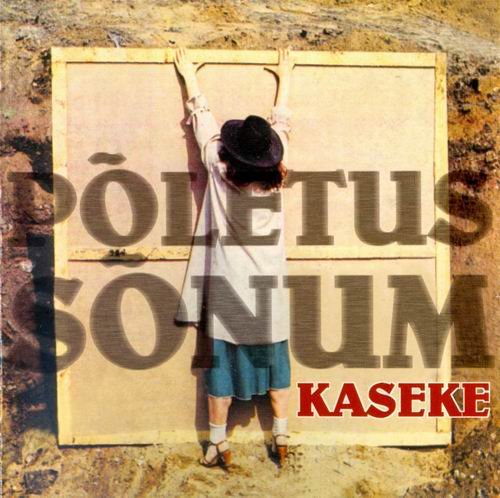
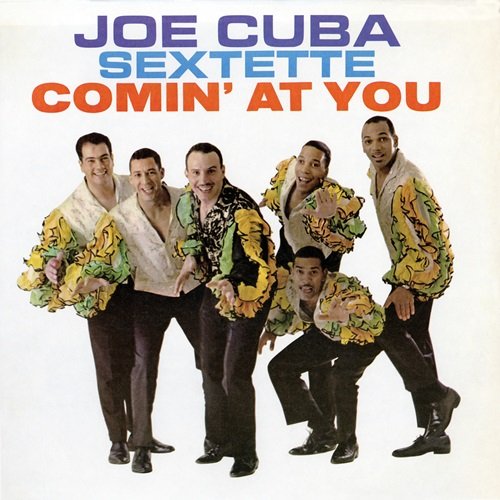
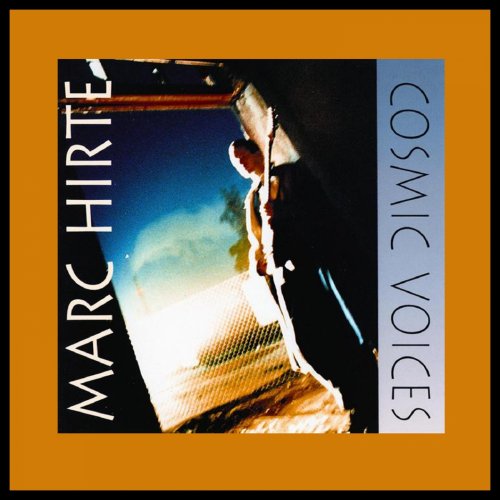
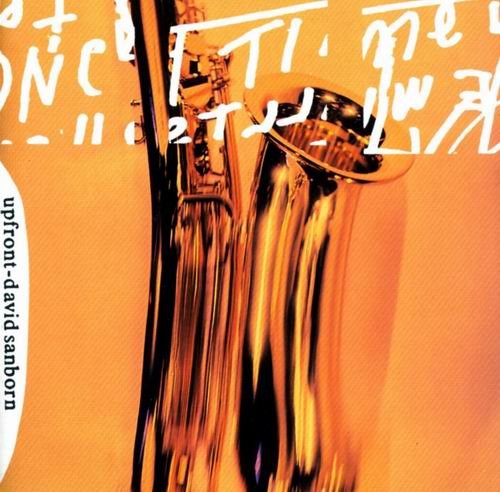
![Stephanie Lamprea - Don't Add To Heartache (2024) [Hi-Res] Stephanie Lamprea - Don't Add To Heartache (2024) [Hi-Res]](https://img.israbox.com/img/2026-01/26/mlhr9k3rsc7rcm26ynjitzu2y.jpg)
